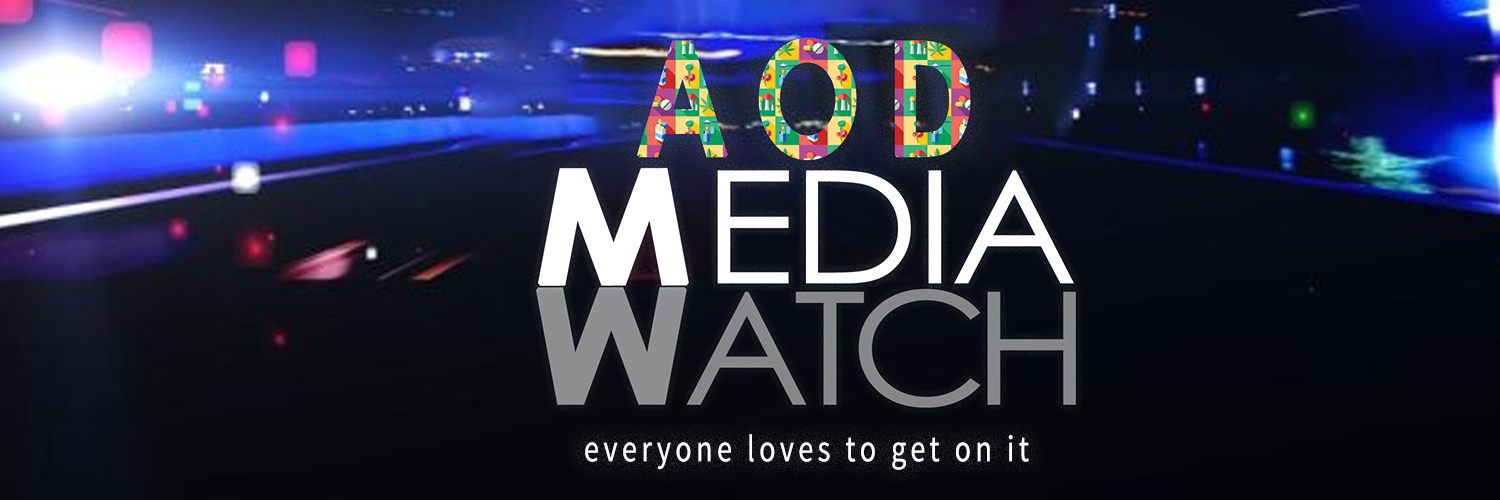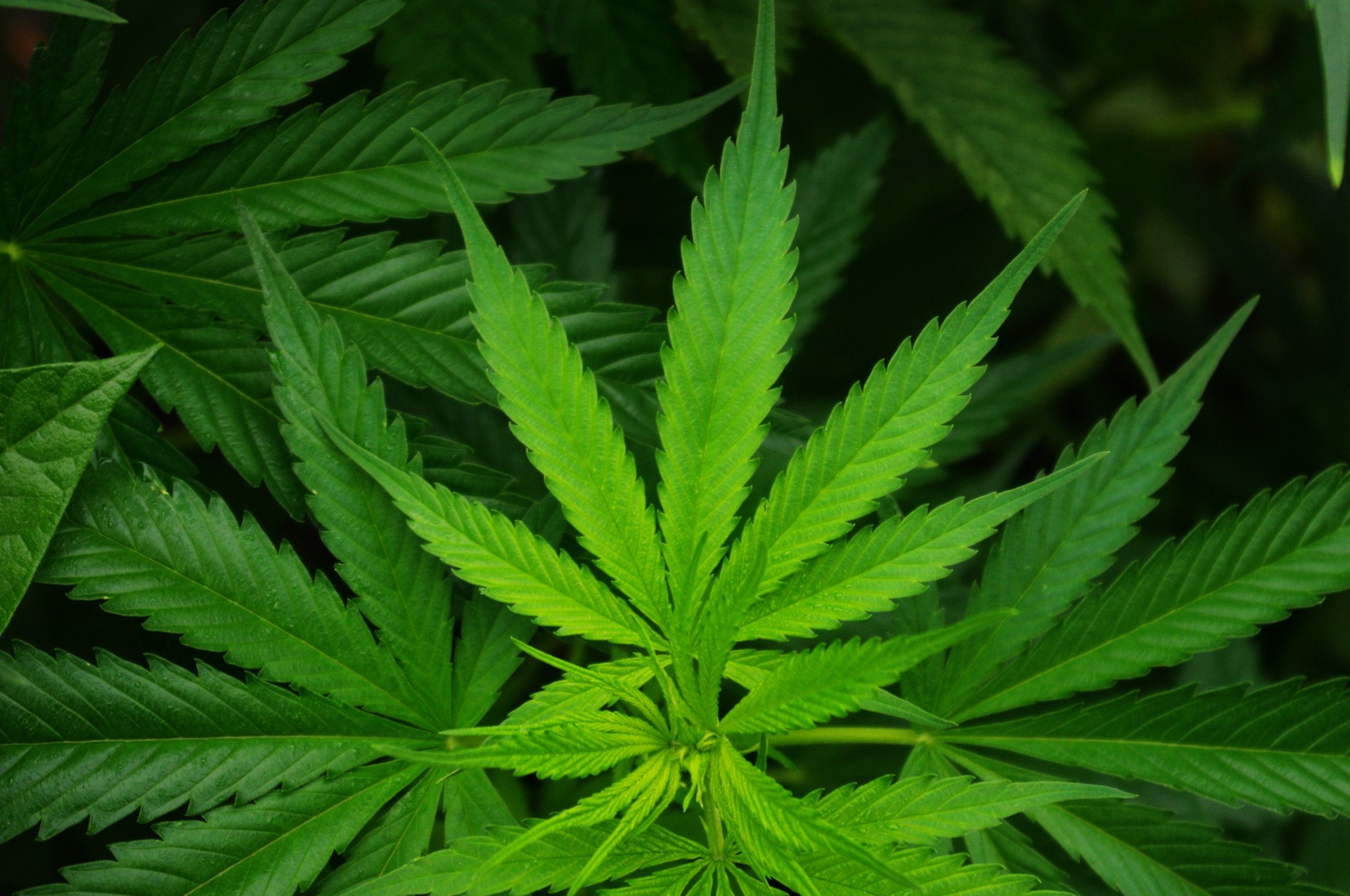On the 3rd of July, many major Australian news outlets published articles condemning medical cannabis by suggesting that it has no efficacy in treating chronic non-cancer pain, including: the ABC, the Sydney Morning Herald and news.com.au. The Sydney Morning Herald, for example, stated that “Cannabis’ medical benefits have suffered a serious blow, with a major study finding it does almost nothing to help people with chronic pain”. The article went on to say that the study “found cannabis does not cut pain, nor does it help sufferers replace opioids. And users seem to suffer higher levels of anxiety overall”. Meanwhile, the ABC also noted that the study was “one of the most in-depth ever done on the drug’s medical use”.
The study in question was published in The Lancet Public Health, a highly regarded scientific journal. This makes it easy to understand why Australian journalists would think that the information being presented to them was trustworthy. Indeed, the Sydney Morning Herald cited damning quotes from The Lancet Public Health, including: “We found no evidence that cannabis use improved patient outcomes”. The ABC, the Sydney Morning Herald and news.com.au all commenting that this was a big blow for the Australian medical cannabis industry.
However, the science underpinning the study’s claims is questionable. As noted by Hannah Southcott from SBS, “cannabis was not legal in Australia during the trial, which meant that participants were consuming illegally-obtained cannabis, not medical grade product”. This brings in to question the validity and relevance of the sample population, which in fact deals a serious blow to the data collected from the study. Questioning the validity of the study, Hannah set out to interview Dr David Caldicott, who stated:
“We have no idea what people were actually using. It could have been oregano! What [the study] does tell us is that an illegal market where you haven’t a clue what you’re taking and you’re not involved with doctors supervising your medication probably isn’t very useful. And that’s not really a surprise”
In a valiant display of investigative journalism, Hannah also questioned one of the authors of the study, who “pointed out that the quality and dosage of the cannabis obtained by the patients was not tested and that the method of using the cannabis varied across the group”.
Unfortunately, most other major news outlets did not follow Hannah’s lead and opted to publish information directly from the University of New South Wales (UNSW) media release, without seeking an interpretation of the data from experts in the field. We shouldn’t expect journalists to understand the intricacies of a scientific paper, and realise that since the study had no control group and relied on self-reporting, it was far from experimental in design, meaning causation cannot be drawn. However, some good investigative journalism, such as that done by Hannah Southcott from SBS, would have highlighted these issues to the public.
If journalists choose to report on scientific information and they do not have a background in science, it is important that they seek support in understanding what the research results mean; rather than regurgitating a press release. Certainly, when a press release comes from a prestigious university such as UNSW, one might assume that the information it contains is correct. A good journalist however, does not assume a thing.
Author
Joe Panaia, Edith Cowan University’s Students for Sensible Drug Policy
AOD Media Watch Reviewers:
Dr Stephen Bright, Senior Lecturer of Addiction at Edith Cowan University & Adjunct Research Fellow at the National Drug Research Institute, Curtin University
Professor Nicole Lee, Director of 360Edge & Adjunct Profressor at the National Drug Research Institute, Curtin University
Disclaimer: The author takes full responsibility for the content of this article
Want to join in the conversation about this story? Post a comment here

